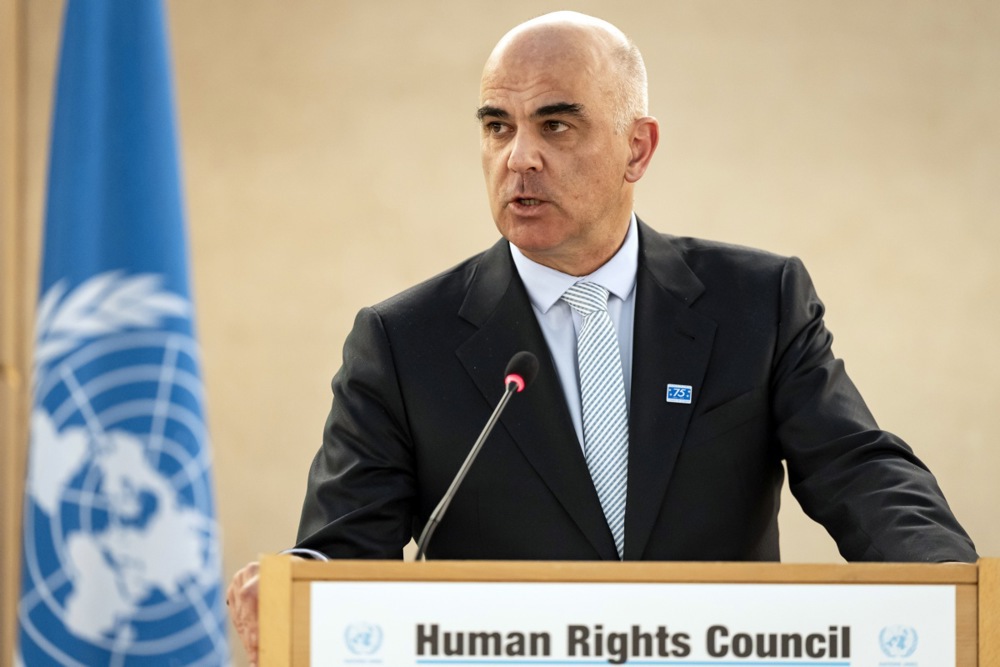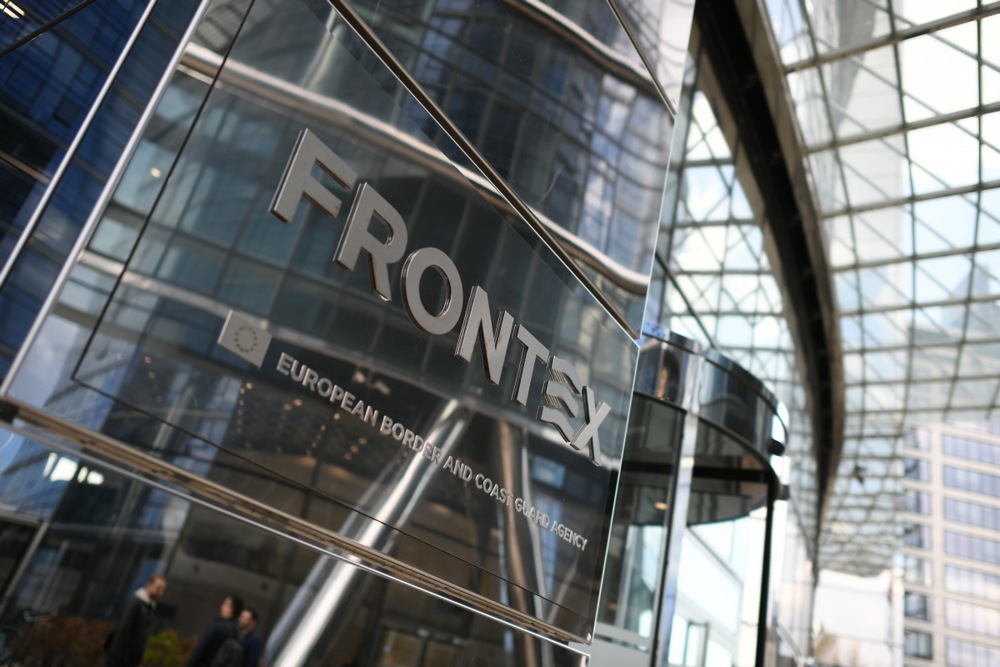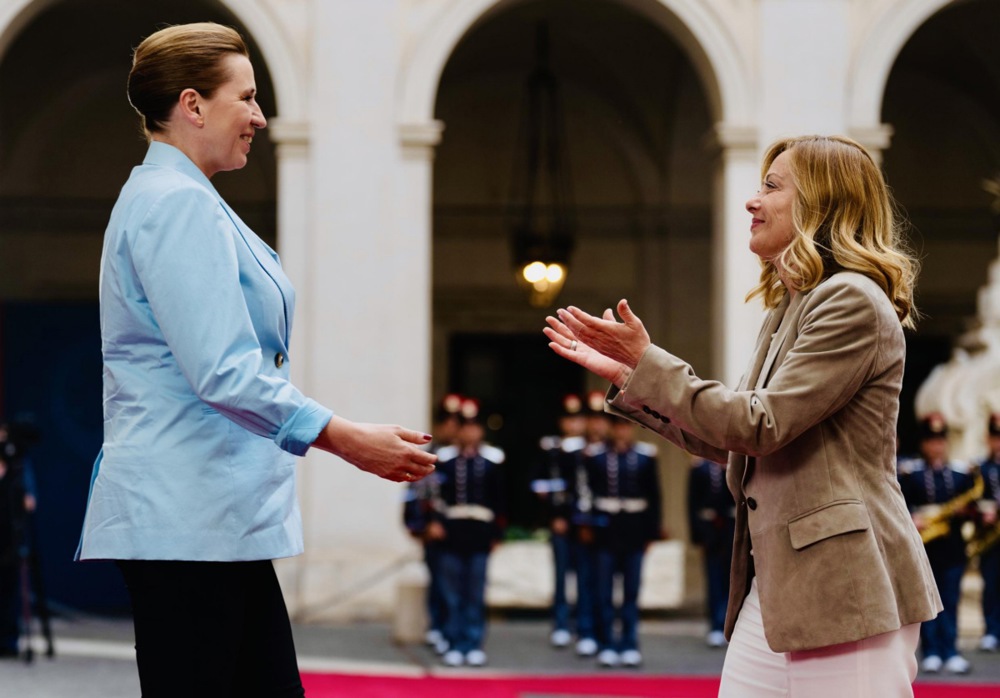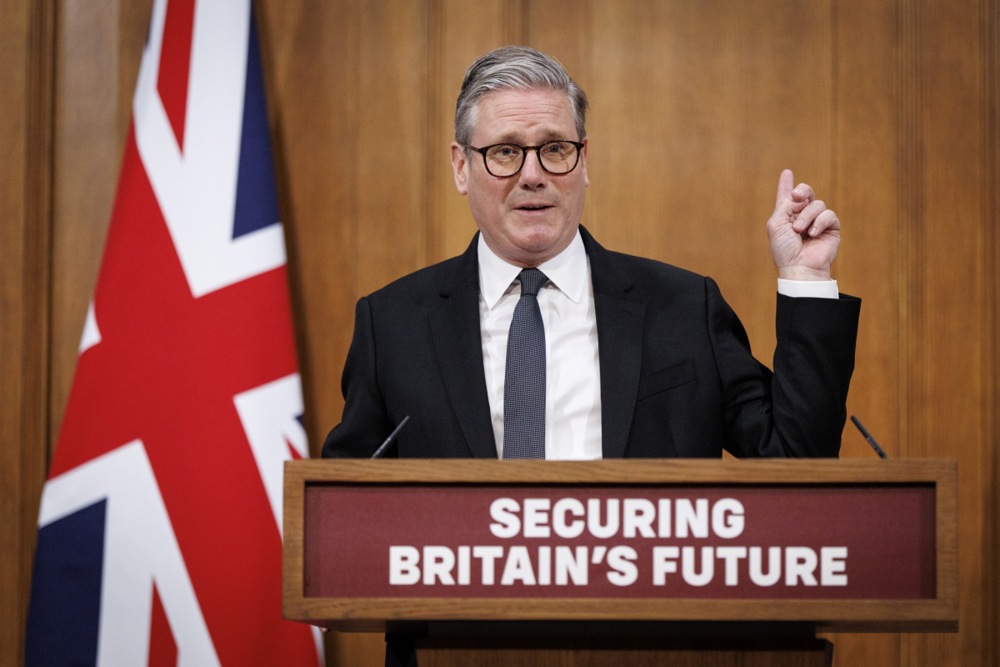US President Donald Trump has cited Europe’s migration situation as justification for his tight border policies.
On June 4, Trump issued a travel ban on 12 countries that he considered potentially dangerous, aiming to prevent people from those countries entering the US.
Set to go into force on June 9, migrants from Afghanistan, Myanmar, Chad, the Republic of Congo, Equatorial Guinea, Eritrea, Haiti, Iran, Libya, Somalia, Sudan and Yemen would no longer be welcome in the US.
In addition, migrants from Burundi, Cuba, Laos, Sierra Leone, Togo, Turkmenistan and Venezuela will face extra restrictions.
Trump said he did not want to make what he called the mistakes the Europeans made, where mass migration had been connected to spikes in crime and government spending.
“We will not let what happened in Europe happen in America,” he said.
“We cannot have open migration from any country where we cannot safely and reliably vet and screen. That is why today I am signing a new executive order placing travel restrictions on countries including Yemen, Somalia, Haiti, Libya and numerous others.”
The ban followed an anti-Semitic attack in Colorado, where the suspect, Mohammed Sabry Soliman, allegedly threw fire bombs and sprayed burning petrol at a group of people who had rallied in support of the hostages still held by the terror group Hamas.
“The recent terror attack in Boulder, Colorado, has underscored the extreme dangers posed to our country by the entry of foreign nationals who are not properly vetted, as well as those who come here as temporary visitors and overstay their visas,” Trump said. “We don’t want them.”
According to the US Government, Soliman had overstayed his tourist visa and applied for asylum in 2022, making him an illegal immigrant.
White House Deputy Press Secretary Abigail Jackson said on X: “President Trump is fulfilling his promise to protect Americans from dangerous foreign actors that want to come to our country and cause us harm.
“These common sense restrictions are country-specific and include places that lack proper vetting, exhibit high visa overstay rates, or fail to share identity and threat information.”
The Trump administration has been highly vocal about the state of affairs in Europe, particularly regarding mass migration.
According to French news agency AFP, the White House offered tacit support to Dutch politician Geert Wilders after he pulled out of that country’s ruling coalition and triggered new elections, saying the Netherlands faced “serious threats” from migration.
Trump backed leaders who “protect their sovereignty and national identity”, a White House official told journalists.
The US Government has also been outspoken in its support for the anti-mass migration Alternative for Germany (AfD) party, which has been excluded from the political process in Germany because of the so-called “firewall against the far-right”, something the US administration deemed anti-democratic.
US Vice President JD Vance had lambasted European leaders at the Munich Security Conference earlier this year, challenging them over free speech, election integrity and mass migration.
“No voter on this continent went to the ballot box to open the floodgates to millions of unvetted immigrants. People are voting for leaders who promise to stop uncontrolled migration,” Vance said.
“Contrary to what you might hear in Davos, citizens don’t think of themselves as interchangeable cogs in a global economy. They don’t want to be ignored by their leaders.”
American Vice President JD Vance criticised the EU at the Munich Security Conference on February 14, accusing European nations of anti-democratic behaviour. https://t.co/pYdi5l8OKu
— Brussels Signal (@brusselssignal) February 14, 2025





